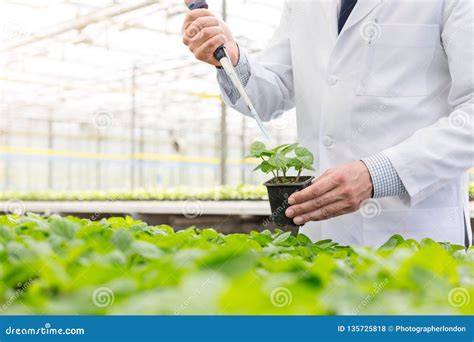Introduction
Plant biochemistry, a captivating scientific field at the intersection of biology, chemistry, and agriculture, offers a promising career path for individuals passionate about unraveling the intricate workings of plants. With a solid foundation in plant science, biochemists embark on a journey of discovery, deciphering the molecular mechanisms that govern plant growth, development, and response to environmental cues.

Job Market Trends
The demand for plant biochemists is on a steady incline, driven by increasing concerns over global food security and environmental sustainability. According to the U.S. Bureau of Labor Statistics, employment of biochemists and biophysicists is projected to grow 10% from 2021 to 2031, faster than the average for all occupations. This growth is attributed to the rising importance of biotechnology, pharmaceutical research, and agricultural innovation.
Key Industries
Academia and Research: Universities, research institutes, and government agencies employ plant biochemists to conduct fundamental research on plant biology and develop novel applications in agriculture, medicine, and environmental science.
Agriculture and Horticulture: Plant biochemists play a crucial role in optimizing crop production, developing pest-resistant plants, and improving nutritional value.
Biotechnology and Pharmaceutical: Pharmaceutical companies and biotechnology firms hire plant biochemists to explore the medicinal properties of plants, develop plant-based therapeutics, and enhance the production of pharmaceuticals.
Environmental Science: Plant biochemists contribute to understanding plant-environment interactions, developing strategies for bioremediation, and monitoring the impact of pollution on plant health.
Salary Expectations
The median annual salary for plant biochemists was $98,030 in May 2021, according to the U.S. Bureau of Labor Statistics. However, salaries can vary significantly depending on experience, education, and industry.
Educational Requirements
A doctorate in plant biochemistry or a closely related field is typically required for a career in plant biochemistry. A strong foundation in plant biology, biochemistry, and analytical chemistry is essential.
Career Advancement
With experience and additional qualifications, plant biochemists can advance to leadership roles in academia, research, industry, or government. They may become research scientists, project managers, laboratory directors, or professors.
Emerging Trends and Applications
Bioremediation and Phytoremediation: Plant biochemists are investigating the use of plants to clean up contaminated environments and remove pollutants from soil and water.
Crop Improvement and Genetic Engineering: Plant biochemists are working to develop genetically modified crops with enhanced nutritional value, pest resistance, and drought tolerance.
Medicinal Plant Research: Plant biochemists are uncovering the health benefits of medicinal plants and developing plant-based compounds for therapeutic applications.
Table 1: Projected Employment Growth by Industry
| Industry | Projected Growth (2021-2031) |
|---|---|
| Biological and Biomedical Sciences | 12% |
| Agriculture, Food, and Natural Resources | 10% |
| Pharmaceutical Research and Manufacturing | 9% |
| Environmental Science and Protection | 7% |
Table 2: Salary Range by Experience
| Experience Level | Median Annual Salary |
|---|---|
| Entry-Level (0-5 years) | $75,000 – $95,000 |
| Mid-Level (5-10 years) | $90,000 – $120,000 |
| Senior-Level (10+ years) | $110,000 – $150,000 |
Table 3: Educational Requirements for Plant Biochemists
| Degree | Years of Study |
|---|---|
| Bachelor’s Degree | 4 |
| Master’s Degree | 2 |
| Doctorate Degree | 4-6 |
Table 4: Career Advancement Opportunities
| Position | Responsibilities |
|---|---|
| Research Scientist | Conduct research and publish findings in scientific journals |
| Project Manager | Manage research projects and coordinate team activities |
| Laboratory Director | Supervise laboratory operations and ensure research quality |
| Professor | Teach courses, conduct research, and mentor students |
Conclusion
A career in plant biochemistry offers a unique blend of scientific inquiry and practical applications. With a growing demand for plant biochemists across various industries, individuals with a passion for plant science and a drive to contribute to global challenges can find a rewarding and fulfilling career path in this field. By staying abreast of emerging trends and leveraging the power of innovation, plant biochemists can make significant contributions to agricultural sustainability, environmental protection, and human health.
